Photo by Erin Ashford
SENS Research Foundation has an established Advisory Board for its research programs. These distinguished specialists play a key role in our work: guiding our research budget and ensuring our focus on scientific projects that will open up the bottlenecks in progress toward a comprehensive panel of age-reversing biomedicine. In doing so, they are guided by the Advisory Board Statement of Principles, to which all members are signatories.
Two thirds of all deaths worldwide, and about 90% of all deaths in the developed world, are from causes that only rarely kill young adults. These causes include Alzheimer’s, cardiovascular disease, Type II diabetes and most cancers. They are age-related because they are expressions of the later stages of aging, occurring when the molecular and cellular damage that has accumulated in the body throughout life exceeds the level that metabolism can tolerate. Moreover, before it kills them, aging imposes on most elderly people a long period of debilitation and disease. For these reasons, aging is unarguably the most prevalent medically-relevant phenomenon in the modern world and the primary ultimate target of biomedical research.
Regenerative medicine can be defined as the restoration of an individual’s molecular, cellular and/or tissue structure to broadly the state it was in before it experienced damage or degeneration. Aging is a degenerative process, so in theory it can be treated by regenerative medicine, thereby postponing the entire spectrum of age-related frailty and disease. But in practice, could regenerative medicine substantially postpone aging any time soon? If so, it will do so via the combined application of many distinct regenerative therapies, since aging affects the body in so many ways. Recent biotechnological progress indicates that many aspects of aging may indeed be effectively treatable by regenerative medicine in the foreseeable future. We cannot yet know whether all aspects will be, but extensive scrutiny has failed to identify any definite exceptions. Therefore, at this point there is a significant chance that such therapies would postpone age-related decline by several years, if not more, which constitutes a clear case for allocating significant resources to the attempt to develop those therapies.
Unfortunately, the regenerative medicine approach to combating aging is not yet being adequately pursued by major funding bodies: only a small number of laboratories worldwide are funded (either publicly or privately) to develop therapies that could rejuvenate aged but otherwise undamaged tissues. SRF has risen to the challenge of filling this void in the biomedical research funding arena. Research is chosen for funding on the basis of the following major criteria:
As and when it is developed, this panel of therapies may provide many years, even decades, of additional youthful life to countless millions of people. Those extra years will be free of all age-related diseases, as well as the frailty and susceptibility to infections and falls that the elderly also experience. The alleviation of suffering that will result, and the resulting economic benefits of maintained productivity of the population, are almost incalculable. In our capacity as the overseers of SRF’s research strategy, we urge you to do all you can to help SENS Research Foundation carry out this mission with maximum speed.
Signed,
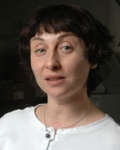
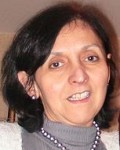

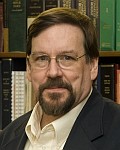
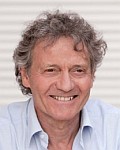
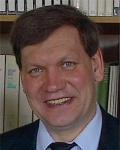
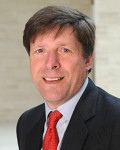

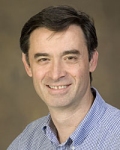
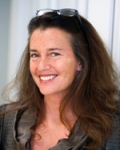
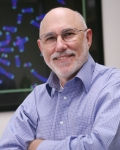
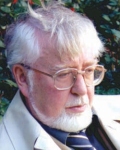
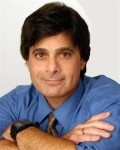
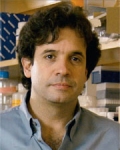
Sign up to stay informed about the latest news and opportunities with SRF!
Use of this Web site constitutes acceptance of the Terms of Use and Privacy Policy.
© 2025 SENS Research Foundation – ALL RIGHTS RESERVED
| Cookie | Duration | Description |
|---|---|---|
| cookielawinfo-checkbox-analytics | 11 months | This cookie is set by GDPR Cookie Consent plugin. The cookie is used to store the user consent for the cookies in the category "Analytics". |
| cookielawinfo-checkbox-functional | 11 months | The cookie is set by GDPR cookie consent to record the user consent for the cookies in the category "Functional". |
| cookielawinfo-checkbox-necessary | 11 months | This cookie is set by GDPR Cookie Consent plugin. The cookies is used to store the user consent for the cookies in the category "Necessary". |
| cookielawinfo-checkbox-others | 11 months | This cookie is set by GDPR Cookie Consent plugin. The cookie is used to store the user consent for the cookies in the category "Other. |
| cookielawinfo-checkbox-performance | 11 months | This cookie is set by GDPR Cookie Consent plugin. The cookie is used to store the user consent for the cookies in the category "Performance". |
| viewed_cookie_policy | 11 months | The cookie is set by the GDPR Cookie Consent plugin and is used to store whether or not user has consented to the use of cookies. It does not store any personal data. |